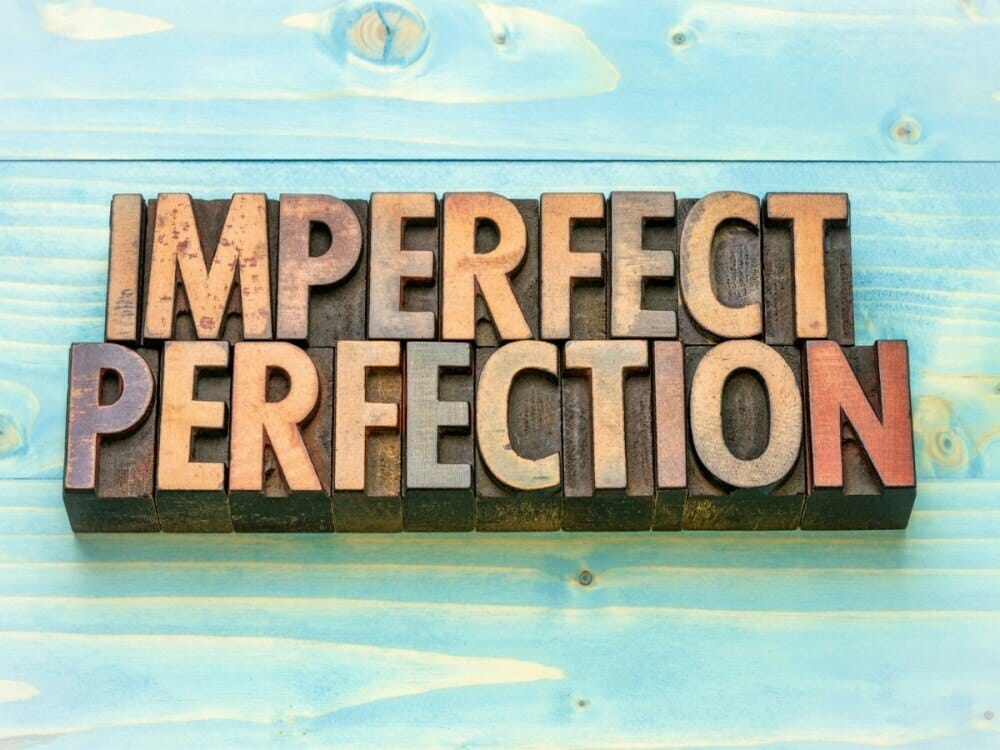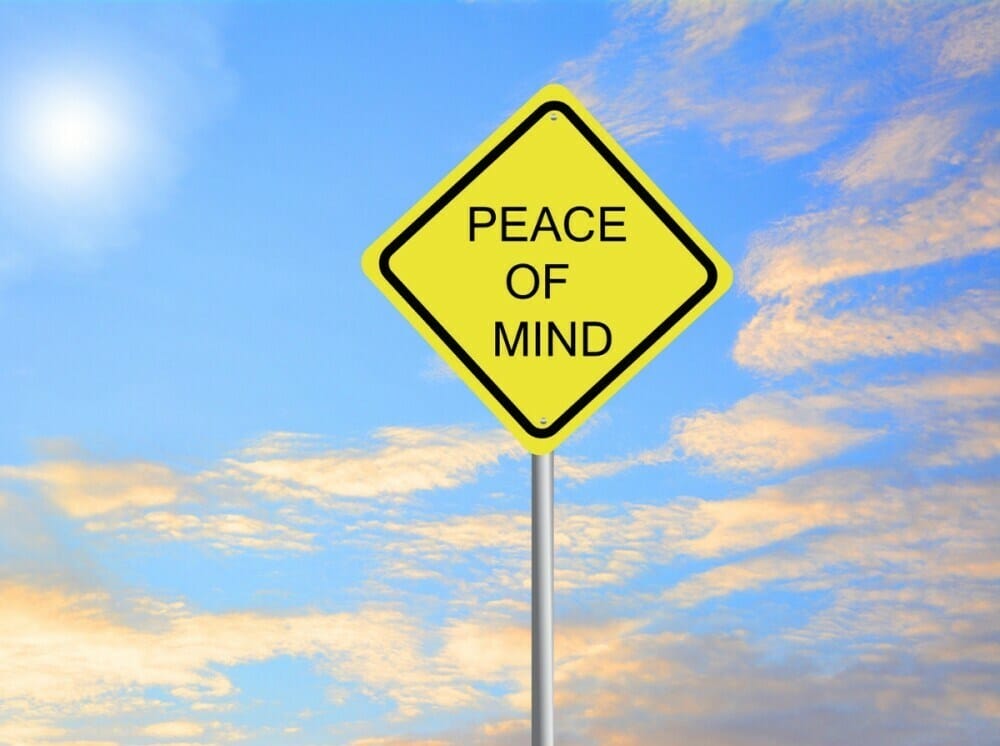Imagine a life where mistakes become stepping stones, not roadblocks. Where self-compassion replaces self-judgment, and where you feel genuinely proud of your progress, no matter how small. This transformative shift is possible through mindfulness. In this article, we’ll explore seven powerful mindfulness practices that can help you break free from the grip of perfectionism and cultivate a lasting confidence that comes from within.
Introduction: Navigating the Journey from Perfectionism to Empowered Confidence
I understand the allure of perfectionism. You might have been praised for your attention to detail and your drive to excel. But, if you’re like many individuals striving for flawlessness, you’ve probably encountered the dark side of this trait: stress, anxiety, and a confidence that feels anything but stable. Perfectionism, at its core, is a relentless pursuit, one that often leaves us feeling inadequate no matter our achievements.
Confidence should be a springboard, not a shackle. It’s meant to embolden us to reach new heights, yet perfectionism has a penchant for doing quite the opposite. It plants doubts in our minds about our capabilities and achievements, fostering a fear of failure that can paralyze action. Sustainable confidence — the kind that endures through ups and downs — thus becomes a distant dream. But mindfulness, with its roots in ancient wisdom and its solid backing by modern psychology, offers an alternative path. It’s a practice that involves being present and fully engaged with whatever we’re doing at the moment, free from judgement and overthinking.

This might sound deceptively simple, but its power in transforming the perfectionist mindset is profound.
In this article, I reveal seven mindfulness practices designed to curb the relentless pursuit of perfection and build a foundation for strong, enduring self-confidence. These are not quick fixes but strategies that require patience and persistence. However, the rewarding outcome is a more balanced, empowered life. Read on to discover how YOU can start this transformative journey.
Easing the Grip of Perfectionism: Embracing Imperfection
If you’re reading this, chances are you’ve felt the relentless pressure of chasing the immaculate standard of perfection. It’s a common belief that being perfect is synonymous with success. However, the truth is, this pursuit often leads to a counterproductive cycle of stress, burnout, and low self-esteem. That’s where mindfulness comes in, offering a path towards embracing imperfection as an integral part of personal growth. Mindfulness teaches us to observe our thoughts and feelings without judgment. As you become more conscious of the self-imposed standards you’re striving to meet, you can begin to question their feasibility and necessity.
To help break free from the chains of perfectionism, try this simple exercise: for one week, note each time you criticize yourself for not meeting a high standard. Then, replace that thought with a positive affirmation that values effort and progression, not flawlessness.

Self-compassion is vital in this process. It involves treating yourself with the same kindness you’d extend to a friend. Instead of chastising yourself for shortcomings, acknowledge that making mistakes is a universal human experience. To practice self-compassion, every day, identify one aspect of your work or behavior you would typically critique, and find a way to view it more kindly. This could involve recognizing the skills you’re developing or the unique perspective you bring to your endeavors.
Many have found that embracing imperfection not only alleviates the stress that comes with perfectionism but also leads to a more balanced concept of success. By focusing on the learning and growth that comes from each experience, you can create a healthier and more sustainable version of success. Real-life stories demonstrate that those who accept their imperfections often report feeling more satisfied with their achievements and have a stronger sense of inner confidence.
Mindfulness Meditation: Quieting the Inner Critic
I often meet people who confront a relentless inner critic, a voice that endlessly judges and criticizes every action and thought. If you struggle with perfectionism, this critic can become your worst enemy, holding you back from appreciating your achievements and realizing your worth. Mindfulness meditation is a powerful tool to mute that critic. It’s designed to shift your focus from judgment to observation, from reaction to awareness. For those new to this practice, it involves sitting in quiet reflection, focusing on your breath, and observing your thoughts without engagement. As thoughts arise, you learn to let them pass like clouds dispersing in the sky. This technique can gradually reduce the intensity of self-critical thoughts, making space for a more compassionate, confident mindset.
To get started with mindfulness meditation, find a quiet place where you can sit without distractions for a few minutes each day. Close your eyes and draw your attention to the sensation of your breath entering and leaving your body. When you notice your mind drifting to critical thoughts, acknowledge them and gently bring your focus back to your breath.

Consistency is key, so aim to practice this daily, even if it’s just for five minutes at a time.
Many individuals have found that incorporating regular meditation into their lives has significantly diminished their perfectionistic tendencies. By training the mind to be present and less reactive, you create a more balanced perspective, allowing your true abilities and worth to shine without the smokescreen of unrealistic standards. As you step into the habit of meditation, it’s seamless to include another reflective practice that compleises and enhances your journey towards self-acceptance: mindful journaling. This segue will unfold in the next section, providing another dimension to your growing toolkit for overcoming perfectionism and building lasting confidence.
Mindful Journaling: Writing Your Way to Self-Acceptance
If you’ve ever felt the crushing weight of needing everything to be ‘just right,’ you aren’t alone. Perfectionism can be a heavy burden, but I’ve found a surprising ally in combatting this mindset: mindful journaling. It’s more than just jotting down daily occurrences; it’s a deliberate practice aimed at fostering self-acceptance. Here, you’ll discover how this simple tool can bring monumental changes to the way you view yourself and your work.
The relationship between journaling and mental well-being has been well-documented. By writing down your thoughts, you engage in a sort of self-therapy that can unearth the root causes of your drive for perfection. It’s not uncommon to experience a sense of relief once these thoughts are on paper—it’s like lifting a mental burden that you’ve been carrying around, sometimes without even realizing it.
Before diving into the plethora of journaling methods out there, it’s crucial to understand the power of this practice. Journaling with mindfulness means engaging with your thoughts and feelings without judgment. This process can illuminate the imperfections that you’ve been striving to hide or fix and helps you embrace them instead.

Therein lies the path to true self-acceptance and the diminishing grip of perfectionism.
You may be wondering how to begin or sustain a journaling routine that doesn’t feel like just another task. In the next part of this series, we’ll explore the diverse journaling practices tailored to quell perfectionist tendencies. Additionally, we’ll delve into actionable steps to maintain your newfound journaling habit. And if you’re looking for encouragement, the success stories of those who’ve walked this path before will certainly inspire.
Cultivating Mindful Gratitude: Focusing on the Positive
I know firsthand how tough it can be to shift focus from persistent perfectionist thoughts. But there’s a powerful ally in this battle: gratitude. Gratitude isn’t just about saying ‘thank you.’ It’s about training the mind to recognize and appreciate every victory, no matter how trivial they may seem.
One of the psychological benefits of gratitude is its ability to enhance overall mental well-being. When I started prioritizing gratitude in my daily life, I noticed how my fixation on imperfections began to wane. Gratitude can redirect your attention from what’s lacking to what’s abundant in your life. So, how do you become more grateful?

Start with simple, mindful gratitude exercises. Every evening, write down three things you’re grateful for. They might be as simple as a delicious meal, a productive work session, or a kind word from a friend. This routine doesn’t require hours — just a few minutes can make a substantial difference.
I’ve seen in my own life, and in the lives of people I’ve worked with, how overcoming negativity bias is crucial. It’s about recognizing those smaller victories. Did you deliver a project on time? Celebrate it. Made someone smile today? Acknowledge it. These practices might feel minor, but over time they build a resilient and confident mindset.
Real-world examples abound of individuals who’ve utilized gratitude to build confidence. Take the entrepreneur who shifted his perspective to appreciate the learning curve instead of fearing failure, or the student who started acknowledging her progress rather than fixating on perfect grades. These stories inspire, and they highlight the powerful tool that gratitude can be in your confidence-building arsenal.
The Body-Mind Connection: Mindfulness in Movement
I’ve discovered that incorporating physical activity into my routine vastly improves my mental state. It’s a strategy that combats perfectionism by shifting focus from flawless performance to a sense of presence and self-awareness. Combining exercise with mindfulness might seem unusual if you’re accustomed to workouts focused solely on results. Yet, doing so can change the whole nature of exercise. It becomes an act of self-care rather than a pursuit of an unattainable ideal.
For those wrestling with perfectionism, it’s beneficial to select activities that emphasize internal feedback, like yoga or tai chi. However, even traditional gym sessions or runs can be approached mindfully.

Paying attention to the breath, the rhythm of your movements, and the sensations in your body are keys to this practice. There’s significant relevance to the phrase ‘mind over matter’ when it comes to exercise. By focusing intently on our physical sensations and movement patterns, we learn to appreciate our body’s capabilities. This helps in fostering a positive self-image, shushing the critical voice that demands perfection.
I’ve personally heard from individuals who’ve found a new level of confidence through mindful movement. They’ve shifted their goals from hitting specific metrics to enjoying their workouts and being kind to their bodies. This shift has not only increased their confidence but also consistently improved their mental well-being.
Self-Kindness Breaks: Building Blocks of a Confident Mindset
I’ve come to realize that combating perfectionism isn’t just about changing internal thought patterns; it’s also about how you treat yourself throughout the day. That’s where self-kindness breaks come in. These intentional pauses are vital in building a foundation of confidence that’s not at the mercy of relentless self-criticism.
Let’s talk about what self-kindness breaks look like. They could be as simple as stepping away from your desk to breathe deeply for a few minutes or as indulgent as treating yourself to a mid-week lunch at your favorite cafe. The goal is to punctuate your routine with moments that say, ‘Hey, I matter.’
And these breaks are more than just feel-good moments; they’re scientifically backed. Research shows that small acts of kindness towards oneself can alleviate stress and enhance motivation.

So, when you’re tempted to push through fatigue or frustration in pursuit of perfection, a self-kindness break can actually be a strategic move towards sustainable productivity.
Keep in mind that perfect isn’t the goal here; it’s about progress and learning to be your own ally rather than your harshest critic. Imagine the ripples of change that could create, extending kindness to others as well. And that leads me to the significance of nurturing your external environment, which is what we’ll explore in the next section.
Creating a Mindful Environment: External Influences on Inner Peace
My environment, I’ve discovered, can have a profound effect on my inner state. If you’re grappling with perfectionism, it may surprise you to learn how much your surroundings can either exacerbate stress or promote tranquility and, consequently, confidence.
To create a mindful environment, it begins with decluttering. Not just your desk or your closet, but anywhere where chaos reigns. Organized spaces promote a clear mind, easing anxiety and the pressure to be perfect. Tidy up with intention, not looking for flawlessness, but for functionality and peace.
Next, consider the sensory aspects of your environment. Soft lighting, relaxing scents, and calming sounds can all contribute to a mindful space. Incorporate elements that soothe you personally, whether it’s a particular color palette or a set of comforting textures.
The people around us also shape our environments.

Align yourself with those who support your journey away from perfectionism. This could mean joining online communities, engaging with mindfulness groups, or simply talking to friends who encourage your growth as opposed to your performance.
Lastly, remember that the digital space is as much an environment as your physical one. Curate your social media feeds to include content that uplifts and motivates you, and limit exposure to sources of digital stress and unrealistic standards. By carefully constructing both your physical and digital environments to support your mindfulness practices, you lay a strong foundation for the confidence to grow. It’s in these mindful environments that the voice of self-compassion speaks loudest, overshadowing the persistent hum of perfectionism.
Conclusion: Integrating Mindfulness for Long-Lasting Confidence
In this article, I’ve walked you through an array of mindfulness practices aimed at tempering the unhelpful aspects of perfectionism and cultivating a robust, long-lasting sense of confidence. From embracing our flaws to grounding ourselves in the present moment, these strategies offer powerful tools for anyone looking to build a more self-compassionate and empowering approach to personal and professional endeavors.
Mindfulness isn’t a one-off solution but rather a skill that deepens and becomes more effective with practice. Whether it’s through daily meditation, reflective journaling, or mindful movement, the key is consistency. Adding these practices into your routine can create profound shifts in how you view perfection, paving the way for greater self-acceptance and assurance.
Remember, the path to sustainable confidence is not linear. There will be days when old perfectionist habits resurface, and that’s perfectly normal. What matters is your commitment to return to mindfulness, to draw from the well of self-kindness, and to remember that each step forward counts, regardless of its size.
With time and practice, you may find that where there was once self-doubt, a new, more resilient confidence has taken root. One that doesn’t waver in the face of imperfection but thrives because of it. The journey of integrating mindfulness into your life is, in itself, an act of building confidence—one mindful moment at a time.
I encourage you to continue exploring these practices, finding what resonates with you, and customizing your approach as you grow. Your experiences of building confidence may serve as a beacon for others embarking on similar paths. Share your story, support others in their growth, and celebrate each step in this empowering journey.

